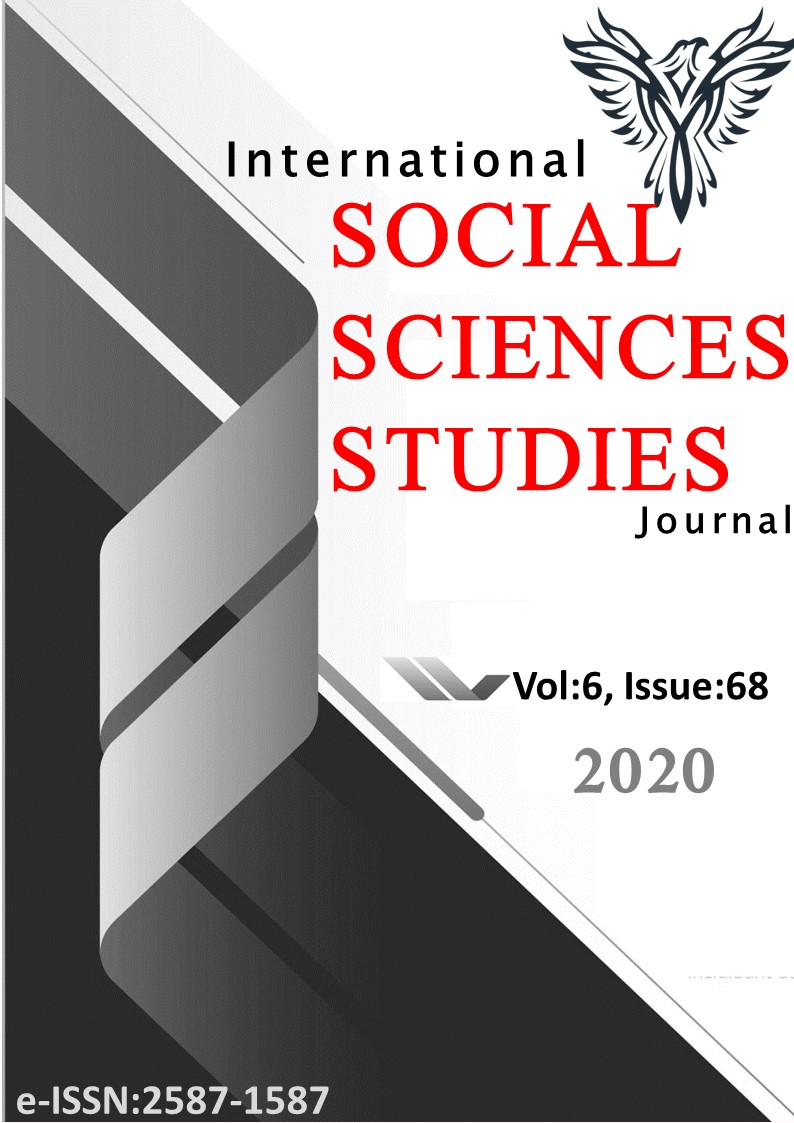Author :
Abstract
Modern dünya hızla dijitalleşirken toplumun en küçük yapı taşı olan ailede ister istemez dijitalleşmektedir. Bu hızlı değişime ayak uydurmaya çalışan dijital ebeveynler hem çocuklarının dijital medya ile olan ilişkilerini düzenlemeye çalışırken hem de ebeveynlik uygulamalarına dijital dünyayı nasıl dahil edeceklerinin bir yolunu bulmaya çabalıyor. Özellikle evde kalmanın gerekli olduğu pandemi sürecinde aile bireylerinin teknolojik aletlerle temas oranı daha da artmıştır. Bu nedenle yapılan bu çalışmanın amacı; Covid-19 sürecinde dijital ebeveynliğin farklı değişkenler açısından incelenmesidir. Bu çalışmada durum saptamaya dönük betimsel çalışma yapılmış olup anket-survey yöntemi ve kolaylı örnekleme yoluyla toplanmış verilerle yapılan ilişkisel tarama modeli kullanılmıştır. Veri toplamak için “Kişisel Bilgi ve Anket Formu” ile “Dijital Ebeveynlik Farkındalık Ölçeği” kullanılmıştır. Araştırmanın grubunu Sakarya ilindeki ebeveynler oluşturmaktadır. Araştırmanın grubu kolaylı örnekleme yöntemi ile seçilmiş yine aynı ilde yaşamakta olan 459 ebeveyn oluşturur. Elde edilen veriler SPSS Version 22.0 programı ile analiz edilmiştir. Tanımlayıcı istatistiksel parametrelerin (aritmetik ortalama, standart sapma, frekanslar) yanı sıra, bağımsız örneklem t-testi, ANOVA kullanılmıştır. Araştırmada Covid-19 sürecinde dijital ebeveynliğin farkındalığı farklı değişkenler açısından incelenmesidir.
Keywords
Abstract
While the modern world is rapidly digitizing, it is inevitably digitalized in the family, the smallest building block of society. While trying to keep up with this rapid change, digital parents are trying to both organize their children's relationships with digital media and try to find a way of how to incorporate the digital world into their parenting practices. Particularly in the pandemic process, in which it is necessary to stay at home, the rate of contact of family members with technological devices has increased even more. Therefore, the purpose of this study is; Covid-19 is the study of digital parenting in terms of different variables. In this study, a descriptive study was made to determine the situation, and the relational screening model with data collected through survey-survey method and easy sampling was used. The universe of the research consists of the parents in the province of Sakarya. The sample of the study consists of 459 parents living in the same city, convenience sampling. "Personal Information and Questionnaire Form" and "Digital Parenting Awareness Scale" were used to collect data. The data obtained were analyzed with SPSS Version 22.0 program. Besides descriptive statistical parameters mean, standard deviation, frequencies), independent sample t-test, ANOVA were used. In the research, the awareness of digital parenthood in Covid-19 process is examined in terms of different variables.





